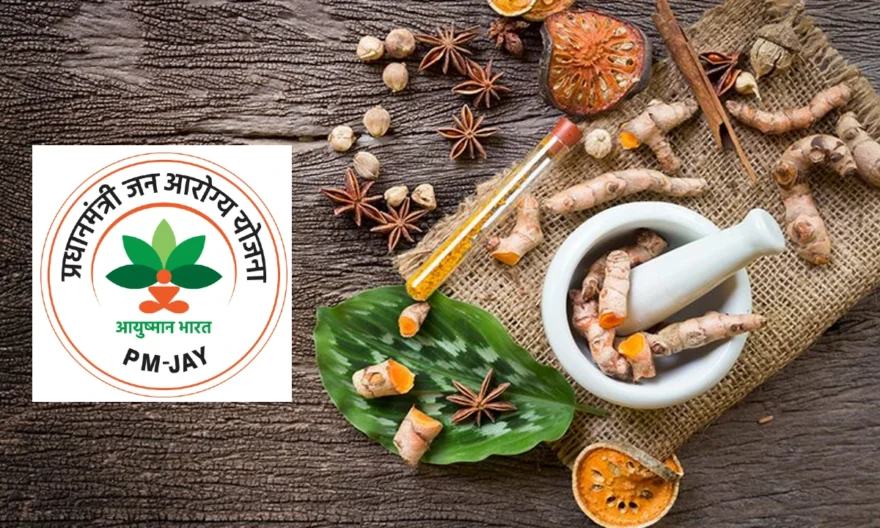
The Delhi High Court on Thursday issued a notice to the Central Government and Delhi Government in response to a Public Interest Litigation (PIL) that calls for the inclusion of Indian healthcare systems such as Ayurveda, Yoga, and Naturopathy in the Pradhan Mantri Jan Arogya Yojana (PM-JAY) to safeguard the right to health of citizens.
A bench comprising Justices Satish Chander Sharma and Justice Tushar Rao Gedela has sought responses from all parties, including the Ministry of Health and Family Welfare, the Ministry of AYUSH, and the Government of NCT of Delhi. The matter has been scheduled for a hearing on January 29, 2023.
The PIL argues that the Pradhan Mantri Jan Arogya Yojana (PM-JAY), also known as Ayushman Bharat, primarily focuses on allopathic hospitals and dispensaries, while India possesses several indigenous medical systems, including Ayurveda, Yoga, Naturopathy, Siddha, Unani, and Homeopathy, deeply rooted in India’s cultural traditions and highly effective in addressing modern healthcare needs.
The petitioner, Ashwini Kumar Upadhyay, a practicing lawyer and BJP leader, contends that India’s cultural, intellectual, and scientific heritage has been systematically eroded due to policies established by foreign rulers and individuals with a colonial mindset. He asserts that these foreign influences, driven by profit motives, have implemented laws and schemes during India’s independence that gradually eroded the country’s rich heritage and history.
Ayushman Bharat, also known as Pradhan Mantri Jan Arogya Yojana or PM-JAY, is recognized as the world’s largest health assurance scheme, aiming to provide health coverage of 5 lakhs. The scheme seeks to benefit over 12 crore impoverished and vulnerable families, which translates to approximately 55 crore beneficiaries across the nation, spanning primary to tertiary care.
The plea highlights India’s commitment to Article 25 of the Universal Declaration of Human Rights (1948) by the United Nations, which grants individuals the right to a decent standard of living, encompassing provisions such as food, clothing, shelter, medical care, and other essential social services.
The healthcare services provided through Health and Wellness Centers (HWCs) and PM-JAY are deemed incomplete and inconsistent with the fundamental rights enshrined in the Constitution. While the plan predominantly focuses on allopathic healthcare facilities, India possesses a diverse range of indigenous medical systems, including Ayurveda, Yoga, Naturopathy, Siddha, Unani, and Homeopathy, rooted in the nation’s cultural traditions and highly effective in addressing modern healthcare needs, according to the plea.




